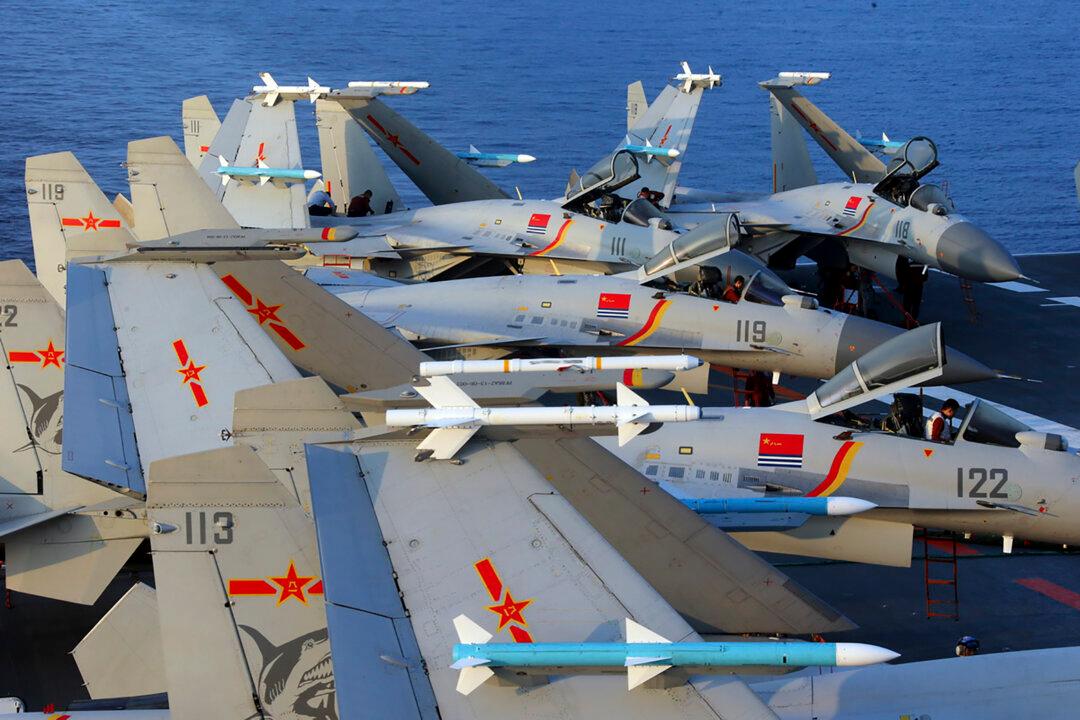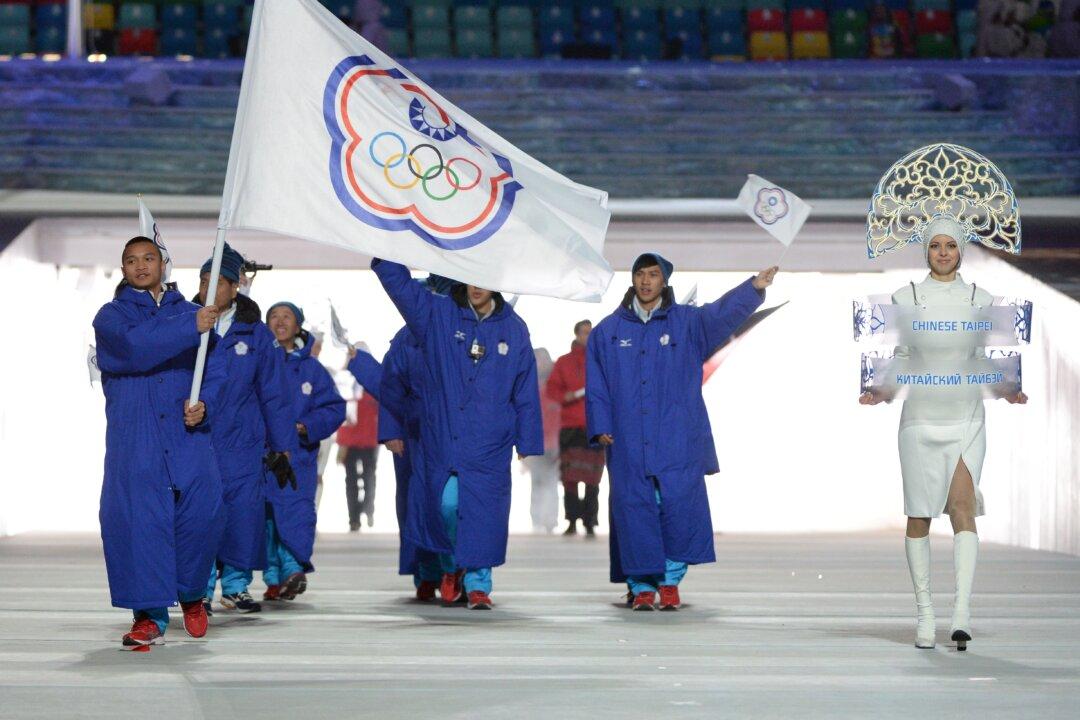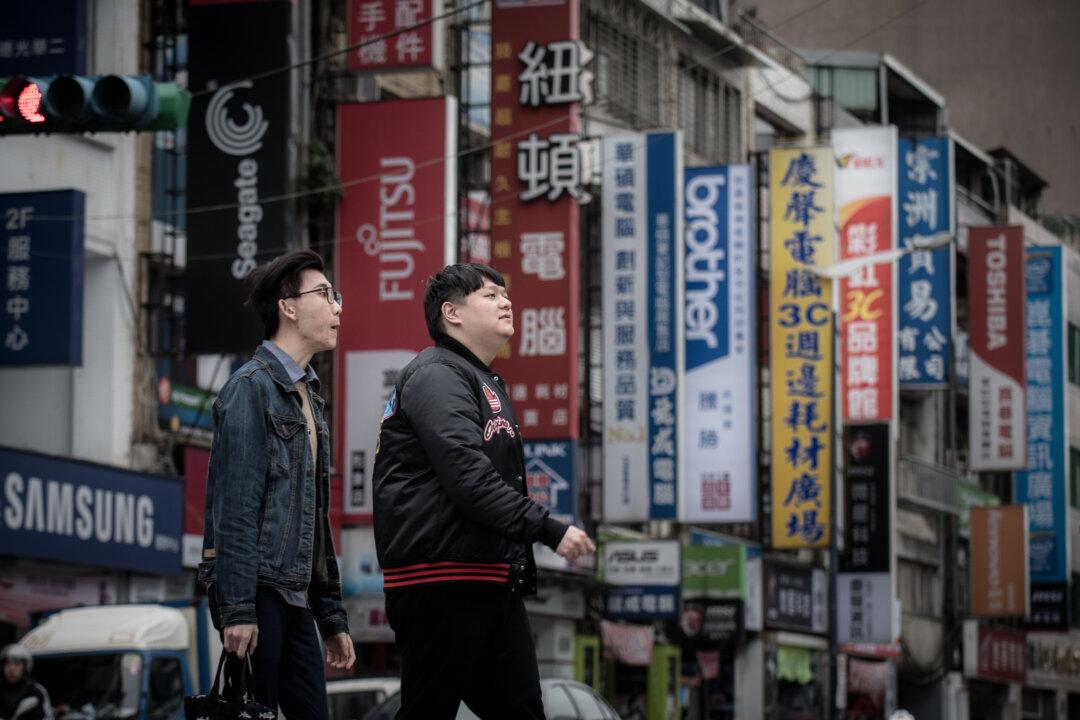WASHINGTON–Trump’s nomination of a Taiwan-friendly Asia policy expert to a key post at the Pentagon has raised expectations that the administration will bring closer ties between the United States and Taiwan, especially in security-related areas. The long speculated appointment has been received warmly by the Taiwanese side as well as some experts who have long called for a renewed attention to Taiwan and other allies and partners of the United States in Asia-Pacific region.
The White House announced on Oct. 27 that Randall Schriver, a founding partner of international consulting firm Armitage International, as well as the CEO and President of the think tank Project 2049 Institute, is being nominated to the key post of assistant secretary of defense for Asian and Pacific Affairs. In that position, Schriver will lead the Pentagon’s outreach on issues in the Asia-Pacific region.




